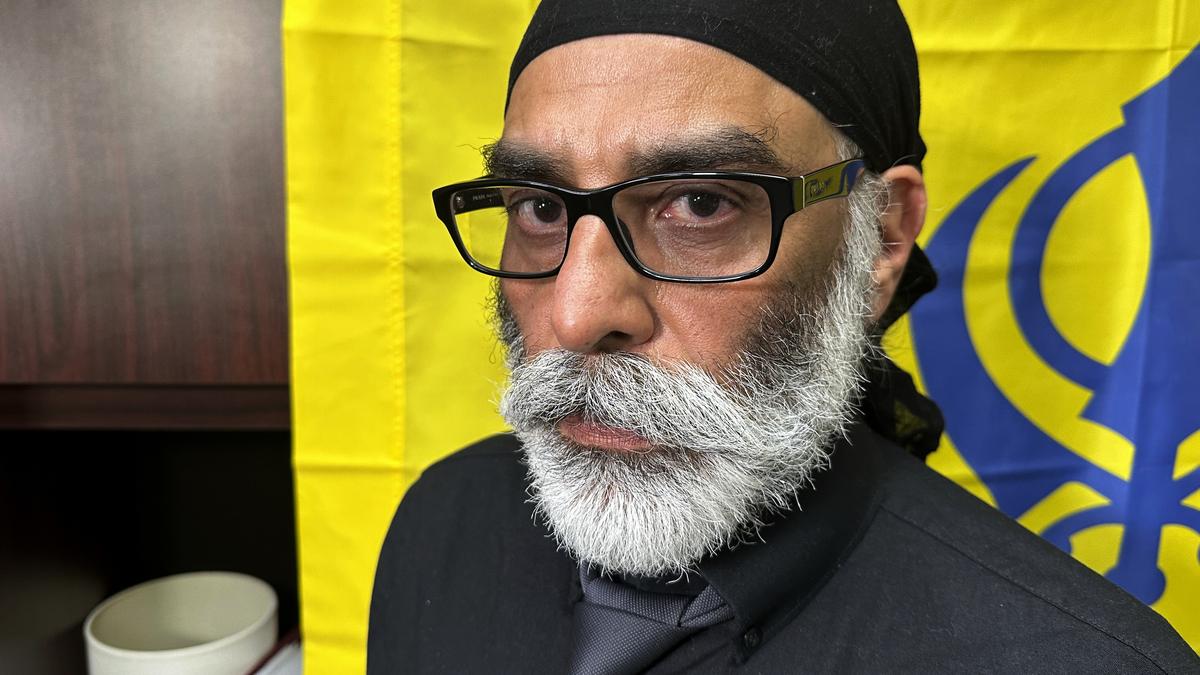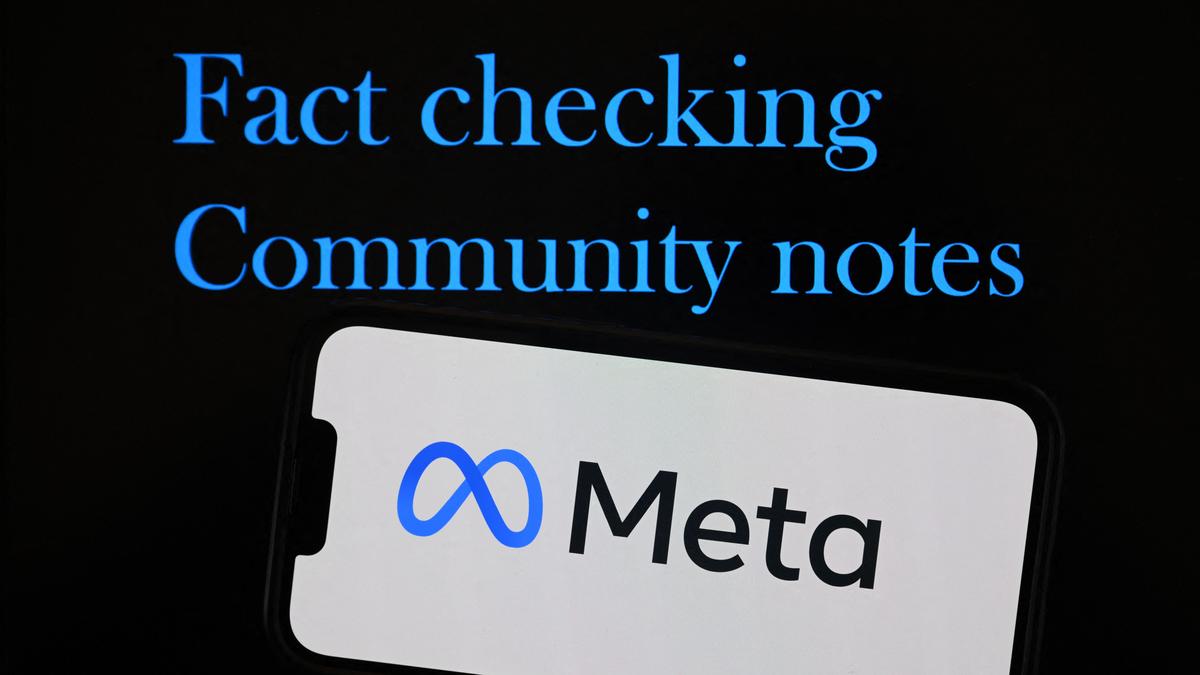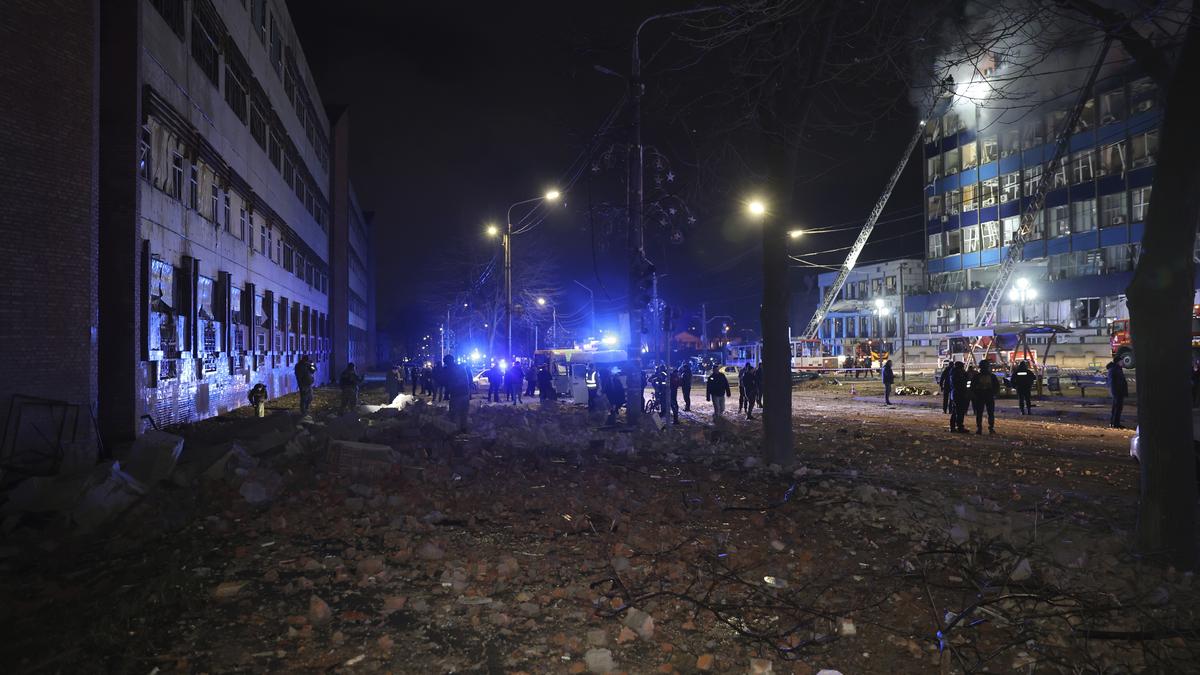The story so far: India’s external intelligence agency R&AW (Research and Analysis Wing) was in the spotlight this week, as reports came in from the U.S., Canada, Australia and Pakistan of the alleged targeting and killing of Indian-origin Khalistani separatist operatives around the world, spearheaded by the agency.

What are the charges?
The charges, that are yet to be proven in court, pertain to a number of investigations in different countries. This week, the U.S.-based Washington Post claimed that American officials believe that the R&AW’s previous chief Samant Goel had approved an assassination operation, that was foiled last year, against Gurpatwant Singh Pannun, a Khalistani activist lawyer of U.S. and Canadian nationality on India’s most-wanted UAPA (Unlawful Activities Prevention Act) terror list. It also revealed the name of a security official, Vikram Yadav, believed to have been at R&AW at the time, and said U.S. officials had discussed whether to indict him for ordering Indian businessman Nikhil Gupta to hire a hitman for the job. In the indictment filed by the U.S. New York Southern District Attorney’s office last November, message transcripts indicated Mr. Gupta had also enquired about ordering a “hit” on a Khalistani activist in Canada, just days before the killing of Canadian Hardeep Singh Nijjar outside Toronto in June 2023.
On Friday, the Royal Canadian Mounted Police arrested and charged three Indian nationals, all in their twenties, for conspiring in the Nijjar killing, and said they are investigating links to Indian government officials. Canadian Prime Minister Justin Trudeau’s statement indicating a link to Indian agencies, as well as his decision to expel India’s intelligence station chief at its High Commission in Ottawa, had sparked a major clash with New Delhi, leading to a number of diplomatic measures and expulsions of Canadian diplomats as well.
Watch | Transnational killings | The legal rights and wrongs
On Tuesday, Australia’s public broadcaster ABC also reported that R&AW operatives had been expelled in 2020 after Australian Security Intelligence Organisation (ASIO) concluded that they ran a “nest of spies” that carried out espionage activities and surveillance of Khalistani separatists in the country. Meanwhile, Pakistan’s Foreign Ministry, which has consistently accused R&AW agents of orchestrating a number of extra-judicial killings on its soil, also doubled down on its allegations against India this week. The latest charges have also revived allegations in the U.K. that Indian intelligence agents had trailed and threatened a Khalistani separatist leader Avtar Singh Khanda, who also died in June last year, and was being treated for leukaemia.
How has New Delhi reacted?
The Ministry of External Affairs has consistently held that extra-judicial killings are not “government policy”, and called the Washington Post article “unwarranted and unsubstantiated”. However, two issues cast a cloud over New Delhi’s statements. One, the variance in the government’s responses on U.S., Canada, Australia and Pakistan: silence on Australia; angry denials and punitive measures against Canada; the setting up of a “high level inquiry” into the U.S.’s indictment; and an unabashed acceptance by top leaders that the government has killed terrorists inside Pakistan. “Today, India doesn’t send dossiers. Aaj Bharat ghar mein ghus ke marta hai (Today India kills terrorists in their own homes),” Mr. Modi said at an election rally in Gujarat this week, ostensibly referring to strikes in 2016 and 2019 on Pakistan, but possibly to other operations as well. Secondly, Indian operations against Khalistani sympathisers have a long history. In 2019, A German court handed prison sentences to an Indian couple charged with spying on Khalistani and Kashmiri activists in the country and sending information to a R&AW official.

Indian officials have questioned why the U.S., Canada, the U.K. and Australia don’t take action against vocal Khalistani activists like Pannun and Nijjar themselves, who are accused of inciting attacks on diplomatic missions and threatening Indian diplomats in those countries. They cite a similar refusal by the Canadian government in the 1980s, to act against Khalistani activist Talwinder Singh Parmar, which allowed him to orchestrate the bombing of an Air India plane ‘Kanishka’ in 1985, one of the worst such terror attacks in which 329 were killed. Parmar was killed during a visit back to India in 1992 in a gunfight with Punjab police.
Will there be a diplomatic fallout?
With the exception of Pakistan, and now Canada, India’s ties with the countries where such operations have allegedly been carried out remain strong. Ties with Canada had seen a brief détente in the past decade but historically, no Indian Prime Minister has made a bilateral visit there since 1973, mainly due to tensions over the Khalistan issue. The issue of Pakistan’s support to cross-border terrorism in Jammu & Kashmir and Punjab has led to a nearly-irreversible break in bilateral ties.

However, it is clear that countries like the U.S., the U.K. and Australia are keen to keep ties on an even keel, while they complete investigations and urge India to do the same. As a result, leaders in those countries have barely referred to the cases publicly, unlike Mr. Trudeau. On a number of occasions, including this week, the U.S. White House and State department have issued statements on the Pannun case. “We continue to expect accountability from the Government of India based on the results of the Indian inquiry committee’s work, and we are regularly working with them and enquiring for additional updates,” Principal Deputy Spokesperson for the State Department, Vedant Patel, said in response to a question about the Washington Post’s article this week.
According to sources, more has been said behind the scenes. U.S. officials who have visited New Delhi since the Pannun case hit the headlines are understood to have conveyed the U.S.’s 3-step demand: that New Delhi thoroughly investigate the Pannun case and accept any wrongdoing publicly, that it resolve not to repeat such operations, and thirdly, that it must ensure “legal accountability” in Indian courts for those responsible. Much will also depend in the next few months on the trial process in both the U.S.’s Pannun case and the Canadian Nijjar case, and how many new credible leads are provided to prove Indian involvement in them. At present, Mr. Gupta is in the Czech Republic, pending an appeal against his extradition, but his testimony is expected to be crucial in the investigations.
India is certainly not the only country to be accused of carrying out extra-judicial, extra-territorial attacks, and the U.S., Israel etc. cite the UN charter on self-defence when carrying out killings of those wanted within their country. In the shadowy world of intelligence agencies, however, more informal rules apply: that such operations must not be executed in friendly countries, that there should be no links between the operatives and diplomatic missions, and finally, that they don’t get caught.




